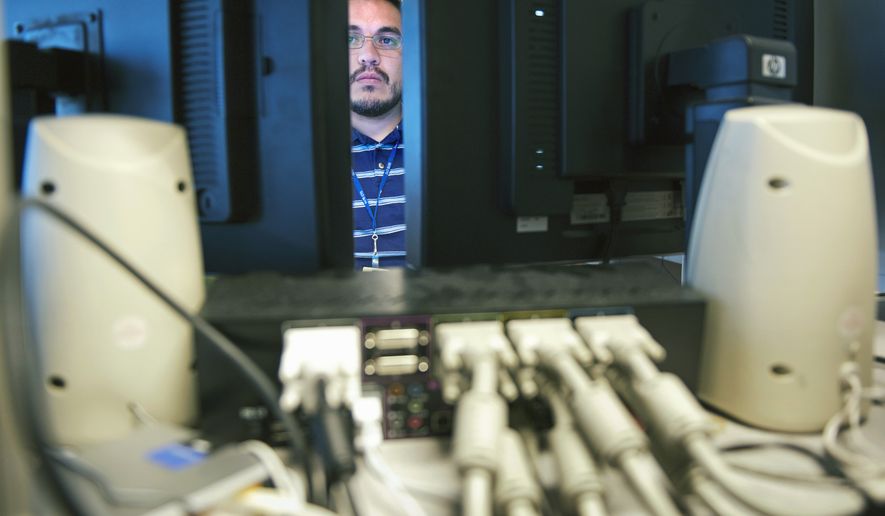The National Cybersecurity Protection System (NCPS), which safeguards America’s federal civilian government computer network, has detected just 1 percent of cyber incidents since April 2017, according to the Office of Management and Budget (OMB).
Chair of the Senate Homeland Security Committee, Ron Johnson, Wisconsin, cited the data on Wednesday during a hearing on threats to America, criticizing federal agencies for their “inadequacy dealing with cyber security.”
According to Mr. Johnson, from April 2017 to the present, NCPS’ so-called “EINSTEIN” suite of technologies, designed to detect and prevent malicious traffic from invading the federal civilian government computer network, detected 379 of 39,171 incidents.
From January 2016 to April 2017, NCPS detected 1,600 of 44,823 cyber instances across the same network, a 3.56 percent detection rate.
Just 2.4 percent of all incidents from January 2016 to the present have been discovered, Mr. Johnson said.
“I’m assuming that is not a real good detection rate,” he said.
In the OMB report, filed as part of the Federal Information Security Modernization Act (FISMA), analysts concluded: “federal agencies do not possess or properly deploy capabilities to prevent intrusions or minimize the impact of intrusions when they occur.”
Mr. Johnson said the data had been provided to the Senate committee from Suzette Kent, the OMB’s federal chief information officer.
The committee was scheduled to also hear from Homeland Security Secretary Kirstjen Nielsen and FBI Director Christopher Wray.
• Dan Boylan can be reached at dboylan@washingtontimes.com.




Please read our comment policy before commenting.